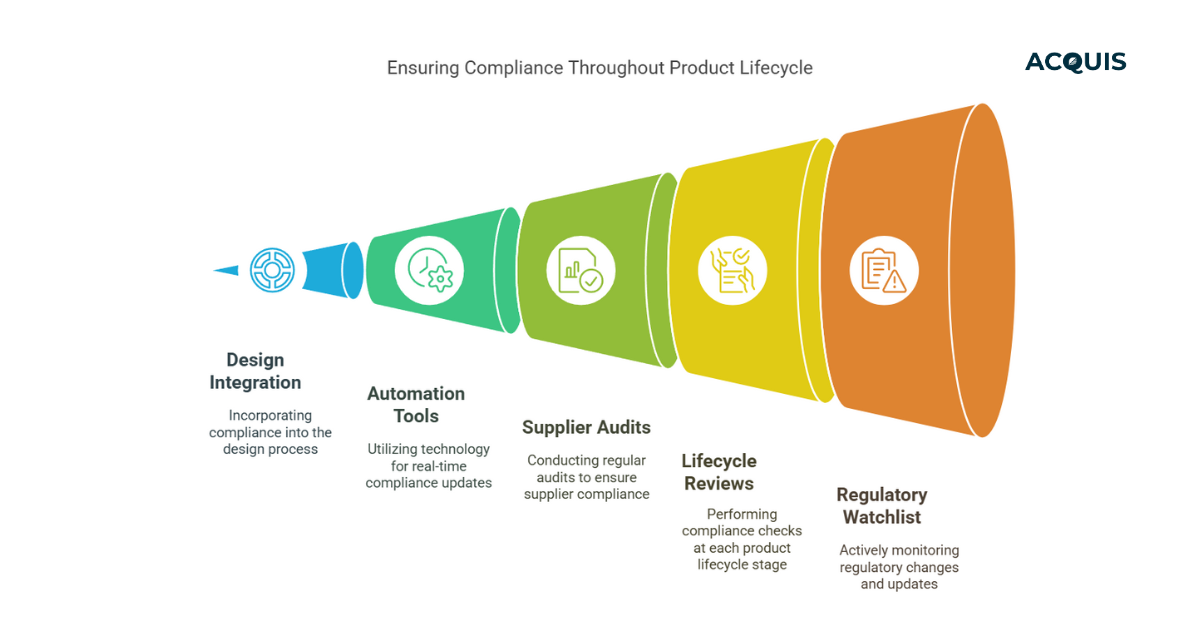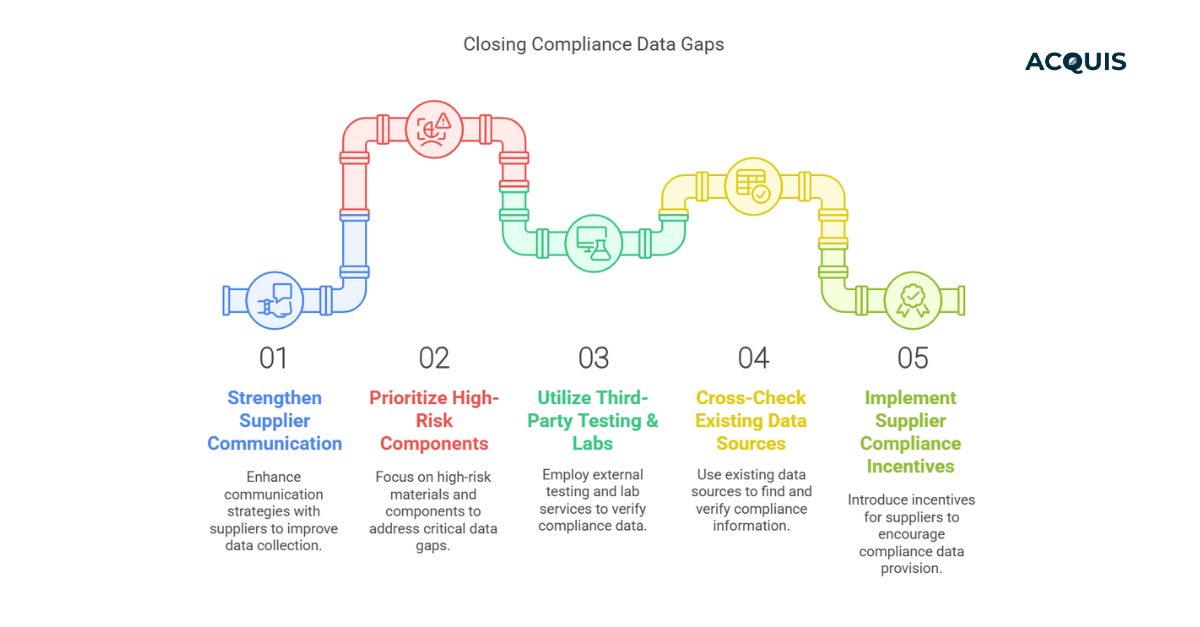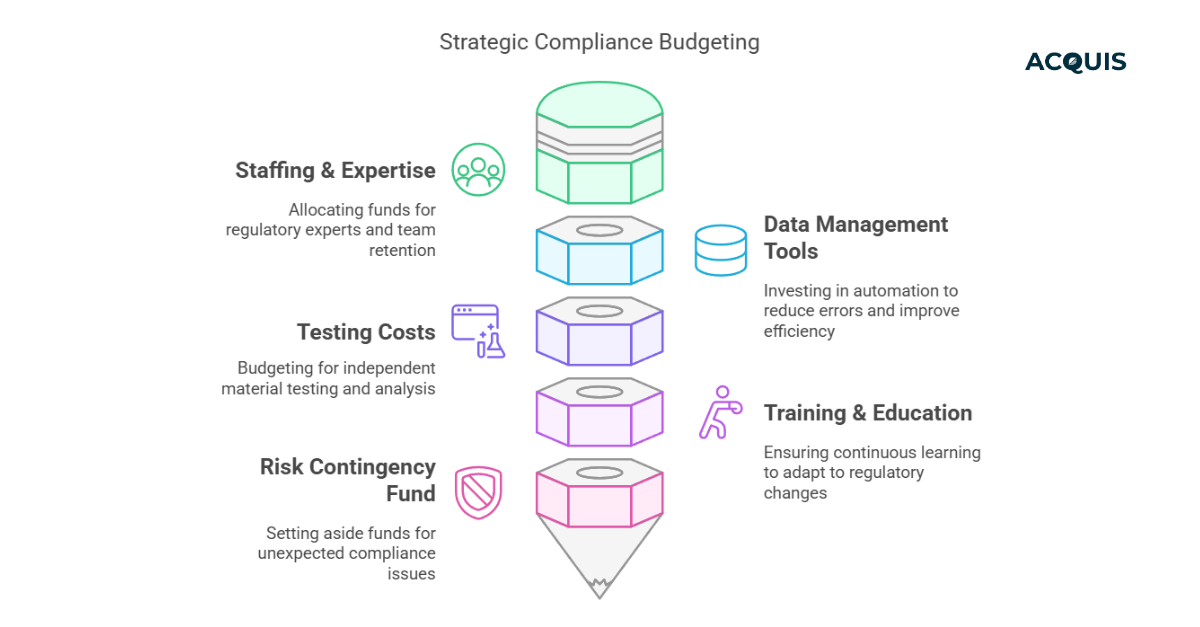Table of Contents
Vermont has taken a step towards protecting public health by enacting legislation that bans the use of harmful chemicals in various consumer products. This comprehensive law targets a range of substances known for their adverse health effects, including PFAS, formaldehyde, and lead. The new regulations, which will take effect in phases starting from July 2024, cover products such as cosmetics, menstrual products, cookware, and even firefighting foam.
Overview of the PFAS Vermont Legislation
The legislation, known as Act No. 131, addresses the presence of hazardous chemicals in consumer goods to minimize exposure and potential health risks. The act specifically targets perfluoroalkyl and polyfluoroalkyl substances (PFAS), a group of chemicals linked to numerous health issues. PFAS are commonly found in products like non-stick cookware, water-resistant clothing, and firefighting foam. The law also restricts other harmful substances, including bisphenols, phthalates, formaldehyde, and heavy metals like lead and mercury.
Key Provisions of the PFAS Vermont Act No. 131
Chemicals in Cosmetic and Menstrual Products
Prohibits the sale and distribution of products containing intentionally added harmful chemicals such as PFAS, formaldehyde, mercury, lead, and certain parabens. Defines key terms and lists specific chemicals that cannot be included in these products.
PFAS in Consumer Products
Bans PFAS in a wide range of consumer products, including cookware, textiles, and juvenile products. Requires manufacturers to ensure their products are free of these chemicals and provide certificates of compliance.
Firefighting Foam and Equipment
Restricts the use of PFAS in Class B firefighting foam. Mandates written notification to purchasers if firefighting equipment contains PFAS.
Food Packaging
Prohibits the use of PFAS, bisphenols, and ortho-phthalates in food packaging. Allows for the possibility of rulemaking to identify and regulate safer alternatives.
Community Engagement and Implementation Plans of PFAS Vermont Act No. 131
- Requires the Department of Health to develop a community engagement plan to educate the public on chemicals of concern.
- The Agency of Natural Resources will propose a program to identify and restrict PFAS in consumer products.
Implementation and Compliance
The act will be implemented in phases, with different sections taking effect between July 2024 and July 2028. This gradual rollout allows manufacturers and retailers time to adapt to the new requirements and ensure compliance. The Attorney General's Office will oversee the enforcement of the law, including conducting investigations and bringing civil actions against violators.
Impact of PFAS Vermont Act No. 131 on Manufacturers and Consumers
Manufacturers will need to reformulate products to eliminate the banned chemicals and provide proof of compliance. This may lead to increased production costs but ultimately results in safer products for consumers. For consumers, the legislation ensures greater protection from harmful substances, promoting better health outcomes and environmental sustainability.
Conclusion
Vermont's legislation marks a significant move towards reducing exposure to harmful chemicals in everyday products. By banning substances like PFAS, formaldehyde, and lead, the state is prioritizing public health and setting a standard for other states to follow. As these regulations come into effect, consumers can look forward to safer, healthier products on the market.



